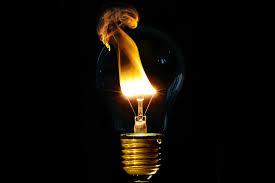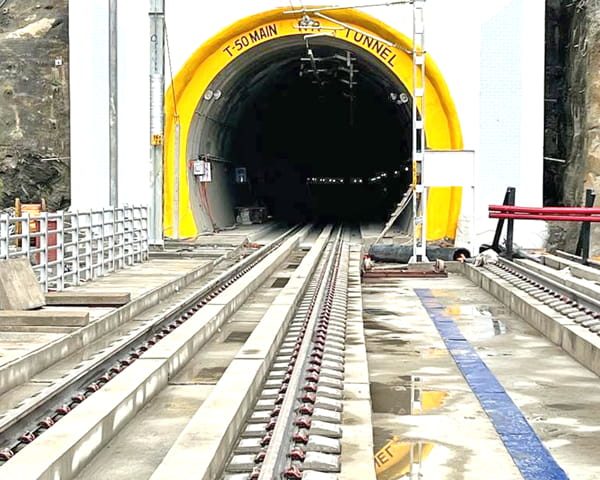 Strongly opposing the Power Development Department’s proposed power tariff hike, a Kashmir-based civil society group has petitioned the State Electricity Regulatory Commission (SERC) and advocated increase in power tariffs for army and other forces’ establishments, also stating that general consumers cannot be burdened for “failure” of the State to reduce the Transmission and Distribution losses.
Strongly opposing the Power Development Department’s proposed power tariff hike, a Kashmir-based civil society group has petitioned the State Electricity Regulatory Commission (SERC) and advocated increase in power tariffs for army and other forces’ establishments, also stating that general consumers cannot be burdened for “failure” of the State to reduce the Transmission and Distribution losses.
The Kashmir Centre for Social and Development Studies (KCSDS)— in its petition—has expressed concern over the “failure of authorities” to curb and control the “perpetuating and ever-growing T&D losses incurred in power sector which is taking a toll on overall economic development of the state.”
Opposing any hike and slab pattern in domestic, commercial, industrial and agriculture tariff for both metered and un-metered consumers, the KCSDS has advocated for high tariff charges for other categories of consumers including state and central government departments “which should be charged as per cost of supplies plus basis (sic).”
“The central government departments including defense and para military establishments are exempted from payment of electricity duty which is otherwise charged from a poor common consumer and the SERC should hike their tariff to cover such losses to the state,” said KCSDS member, ShakeelQalander, who made a presentation before the J&K SERC on Saturday.
He said the civil society group requested the commission to charge Telecom companies for supply of electricity at par with government departments.
“Why should telecom companies that earn over Rs 40 crore a day for providing erratic services to the consumers of the state, be provided electricity at subsidized rates?” Qalander asked, adding, “No benefit of such facility is passed on by them to the consumers.”
The power losses are projected at whopping Rs 3572.14 crore in 2016-17 by the Power Development Department, according to a petition filed by it before J&K SERC for seeking revision in power tariff.
However, countering the argument of PDD, the KCSDS has stated that purchase bill of power can drastically be reduced “after the power projects illegally and unconstitutionally controlled by the NHPC are returned to the state.”
“We have brought this issue in the public domain and now it is up to the people of the state to force state government to take control of these projects for better future of our children,” Qalander, who is former president of Federation Chamber of Industry Kashmir, said.
Giving details, he said, the total revenue requirements projected by PDD for the year 2016-17 are Rs 6384.34 crore which includes Rs 4858.87 crore on purchase of power; Rs 584.23 crore on water usage charges; Rs 175.68 crore on inter-state transmission charges; Rs 680.81 crore on O&M expenses and Rs 117.37 crore on other expenses.
“The department would be able to realize only Rs 2812.21 crore at existing tariff rates leaving a revenue gap of 3572.14 crores which they propose to fill through hike and budgetary support from the government. The civil society while acknowledging the fact that loss in power takes toll on the overall development of the state has envisaged for united efforts to bring down T&D losses to a level of 15% or less,” he said.
“The PDD has failed to bring down T&D losses for the past several years; the actual aggregate technical and commercial losses (AT&C) for past several years have been observed to be around 72% as the state realizes only 28% of the energy cost incurred by the department year on year,” Qalander added.
The KCSDS also took a dig at the authorities of J&K SERC for their “failure to take appropriate action against the department (PDD) for flouting its directives regarding implementing of various reforms to reduce losses and improving operational efficiency.”
The KCSDS advocated for more teeth for the commission to protect the interests of the state as well as consumers in “having access to safe, reliable and reasonably priced power.”





